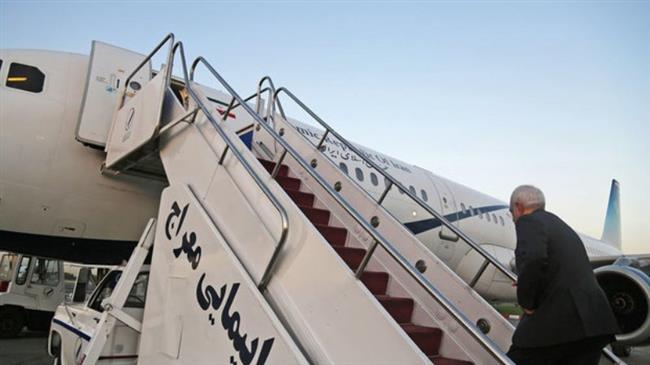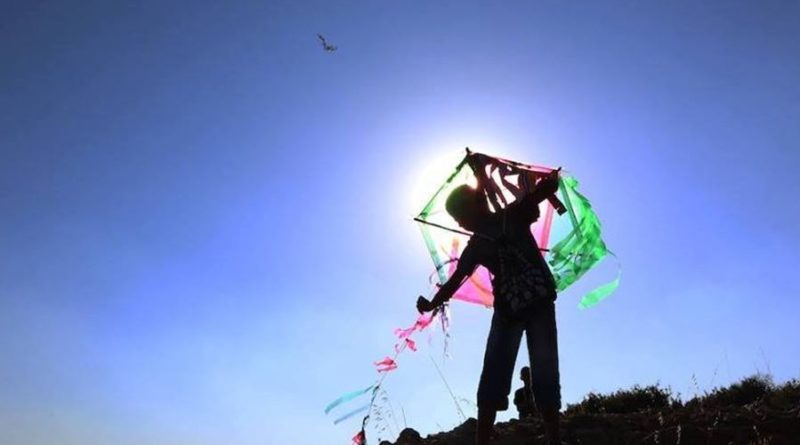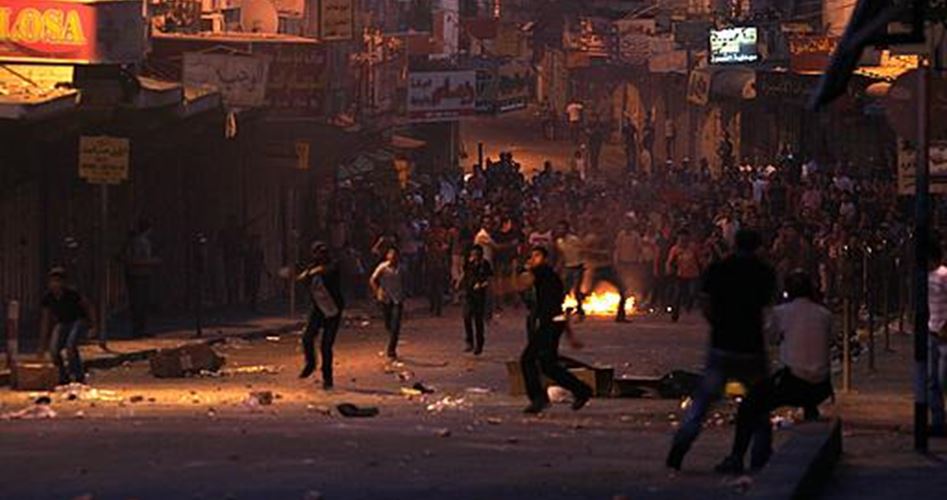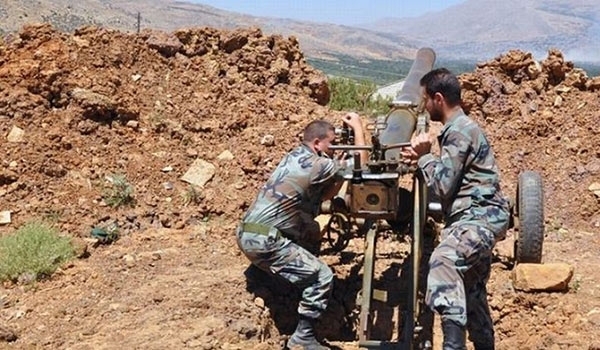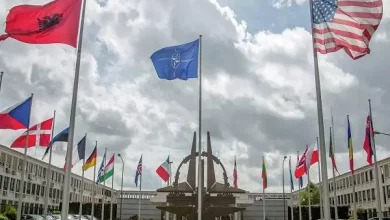Iran, Venezuela Ink New Cooperation Agreements Amid High-Level Delegation Visit
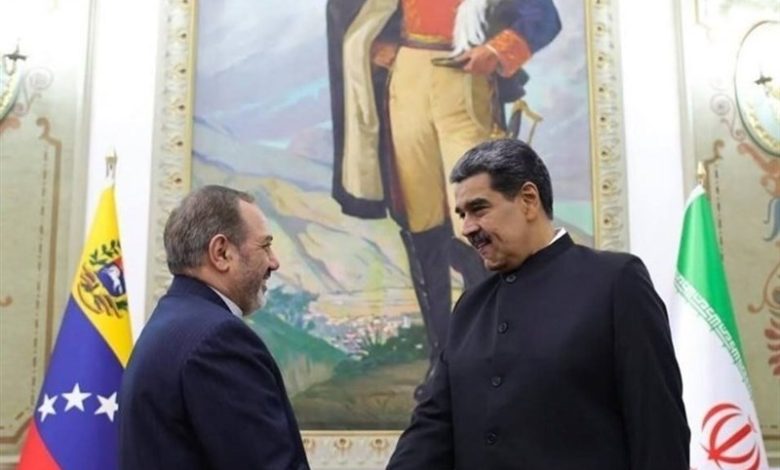
Iran and Venezuela have signed fresh cooperation agreements during a visit by an Iranian delegation to Caracas, underscoring the deepening ties between the two nations despite US sanctions.
Iranian Defense Minister Brigadier General Amir Nasirzadeh, leading a high-ranking delegation, met with Venezuelan President Nicolás Maduro on Thursday in Caracas.
The discussions were part of the 10th meeting of the Iran-Venezuela Joint Economic Cooperation Commission.
At the meeting, the two countries signed two key agreements: a visa exemption deal and a memorandum on technology transfer and artificial intelligence training.
President Maduro, speaking about the agreements, emphasized the political trust between the nations. He stated, “Iran has established itself as an emerging power in the multipolar and multicentric world that is emerging today. It is a country with great technological capacity, a rich educational, cultural, and scientific tradition.”
Maduro also highlighted Iran’s resilience in facing over 45 years of external pressures by the imperialism, adding that Venezuela has never had such strong relations with a nation of Iran’s capabilities. He described the new chapter of cooperation as an opportunity for increased trade, tourism, and cultural exchange.
“From Venezuela and Iran, we say yes to freedom, to open dialogue between peoples and civilizations, to joint construction,” he said, inviting Iranian tourists and families to visit Venezuela.
Nasirzadeh echoed these sentiments, noting the shared challenges faced by both countries. “Geographical distance has never been an obstacle to deepening relations between our peoples,” he said.
He added, “Iran and Venezuela are friends and brothers in a single boat carrying the destiny of both countries amid existing threats. Imperialism always seeks to dominate free and sovereign peoples and is upset by the cooperation between our countries that seek a world free of hegemony.”
Nasirzadeh praised the commission’s outcomes, predicting it would mark a milestone in bilateral ties. He pledged Iran’s commitment to strengthening the partnership and facilitating contracts between private sector companies from both nations.
Meantime, Venezuelan Transport Minister Ramón Velázquez highlighted advancements in 17 areas of cooperation, including transportation, tourism, cultural integration, and artificial intelligence education.
He noted plans for an Iranian entrepreneur to equip 50 Venezuelan schools with AI learning tools, describing these initiatives as “scientific seedbeds” for future generations.
Reports indicate that Nasirzadeh and Venezuelan Vice President Delcy Rodríguez discussed strategies to enhance cooperation and ensure the implementation of existing agreements.
In June 2022, Iran and Venezuela signed a 20-year partnership deal encompassing oil, defense, petrochemicals, and agriculture, among other sectors. Tehran previously supported Venezuela during its fuel crisis in 2020, supplying crude, condensate, and technical expertise to revamp its aging refinery network and production problems due to refinery outages caused by US bans and a Washington-instigated political turmoil.
These latest agreements reflect the growing collaboration between the two nations, both of which are subject to US sanctions, as they work towards shared goals of economic growth and resilience.
